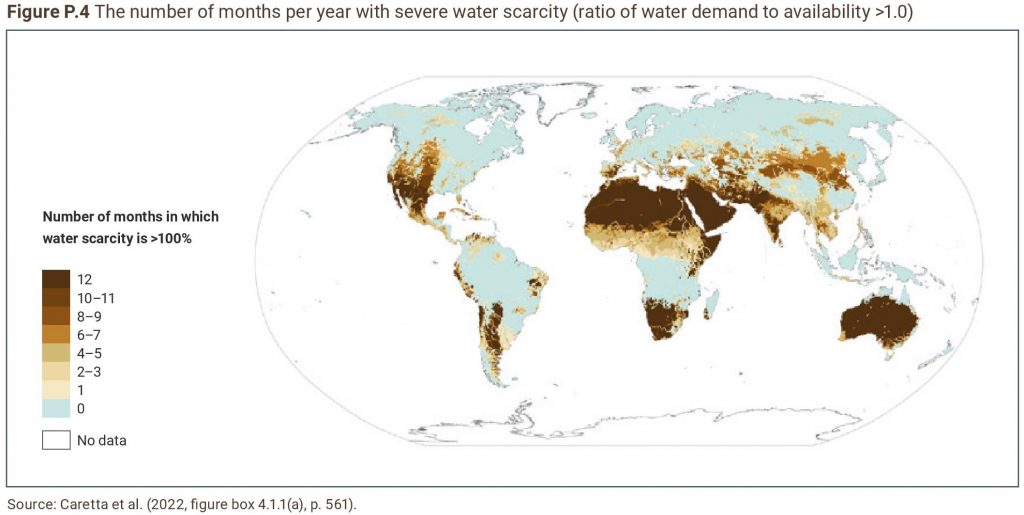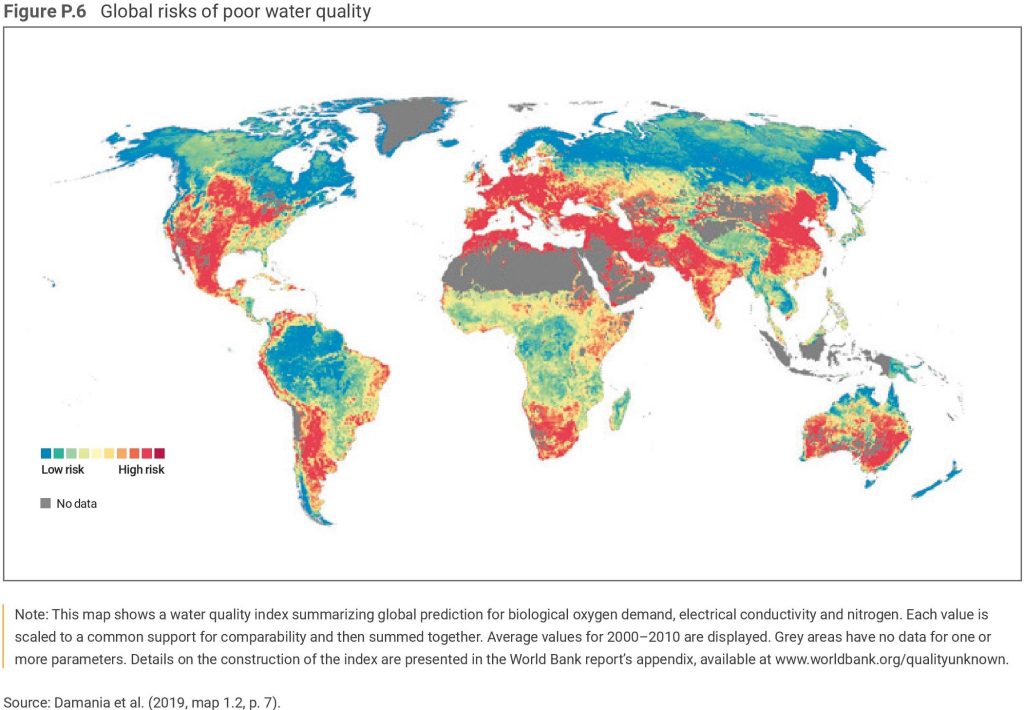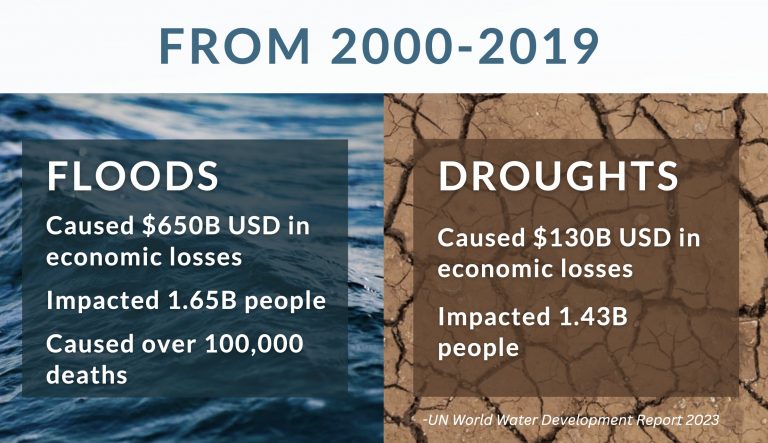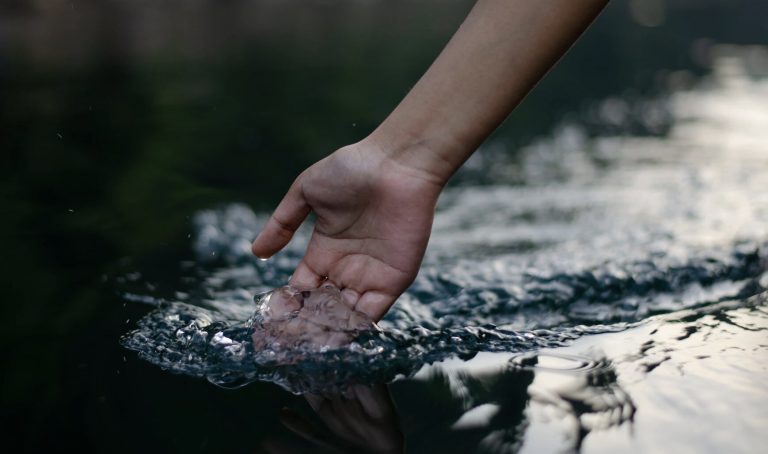Every year on March 22, people around the world celebrate water by educating themselves on water-related issues both local and global. In honour of World Water Day, the Alberta WaterPortal Society is raising awareness for the importance of education to inspire action and accelerate change.
In 2022, the WaterPortal contributed to local water education by creating fun and easy-to-understand learning resources that are accessible to everyone, free on our website. A few of these new materials include:
But why is learning about water so important? What can you do with a growing knowledge base on water? The United Nations’ World Water Day 2023 animation puts this into perspective through the ancient tale of the hummingbird and the great fire. The story tells of a hummingbird who brings water one droplet at a time to help douse a fire that is ravaging its forest. When asked why she works so hard with so little to give, she says she is doing what she can.
According to the UN, we are currently facing a global water and sanitation crisis. Becoming more informed on water issues in your local and global environment can help you understand the change that you are capable of making right now. If everyone carries water one droplet at a time, we can accelerate change on a global scale.
What can you do beyond educating yourself? Like the hummingbird, a little action can go a long way. Check out the UN’s Lazy Person’s Guide to Saving the World to learn about water and environmental conservation tactics that you can easily employ as early as today! Head over to our Water Connections page to see more of what the WaterPortal has been doing this last year to enhance water education in Alberta. Or visit the World Water Day website for more information on what is being done globally to get back on track for the goal of bringing water and sanitation to the world by 2030.
Education spurs action. Every year, the UN releases a new report on World Water Day to help the global population and its leaders understand what is currently being done, and what remains to be accomplished, in order to protect, conserve, and adequately distribute this amazing resource. Read on for a few key findings from this year’s report, The United Nations World Water Development Report 2023: partnerships and cooperation for water
This year’s report focuses strongly on the progress, or lack thereof, toward Sustainable Development Goal 6: to “ensure availability and sustainable management of water and sanitation for all.” According to the UN, water demand continues to increase as populations expand, but supply is becoming more uncertain. Progress toward Goal 6 needs to be approximately four times faster to meet the promise by 2030.

Poor water quality is a large contributor to the lack of progress made toward Goal 6, but there is limited water quality data available on a global scale. The following figure from the report demonstrates the predictions of poor water quality risks across the world.

The Water-Energy-Food-Ecosystem (WEFE) nexus provides an approach to understanding the complex connections within water use, which can help our leaders understand how to better manage water to address the issue of water scarcity. The Canada WaterPortal’s Water Nexus page features an interactive game, quick animated videos, and even a nexus simulator to help you understand the water nexus in easy and engaging ways. The more you know, the more you can do to help.
With a changing climate, water pollution is now a growing concern. According to the report, the rate of degradation and loss of biodiversity is highest in freshwater ecosystems. Partnerships that bring together downstream users to invest in upstream habitat protection can improve water quality and generate long-term benefits. Policy-makers need to better understand the role that water and sanitation can play in climate change mitigation, in order to better protect both environmental and human health.

While the UN report highlights some critical problems, it also provides examples of encouraging innovations and ideas that can help address these issues. Awareness that scientific knowledge needs to be better integrated with the inclusion of other knowledge bases, such as local and indigenous knowledge, is increasing. Citizen science, which uses public participation to enhance social inclusion, is on the rise in water projects, thanks to evolving technologies. For example, Debris Tracker is a citizen science project that operates globally to track the status of plastic debris from upstream catchments down through to oceans. The Earthwatch FreshWater Watch is another citizen science project that mobilizes individuals around the globe to collect and analyze the water samples necessary to provide data for improving water quality.

The best way to accelerate change in the world of water is through education and collaboration. Partnerships and cooperation between water and climate stakeholders can create additional benefits to freshwater ecosystems and those most impacted by water scarcity and extreme weather events augmented by climate change. From the public to the policy makers, understanding the connections between water and the world can be a major driver for change. Recognizing our part in protecting this resource is an essential first step. Water connects all of us. So let’s take care of it on a global scale.
We provide Canadian educational resources on water practices to promote conservation and sustainability. Our team crafts current and relevant content, while encouraging feedback and engagement.
The Canada WaterPortal is a registered charity, #807121876RR0001
We recognize and respect the sovereignty of the Indigenous Peoples and communities on whose land our work takes place.
© 2025 All Rights Reserved.